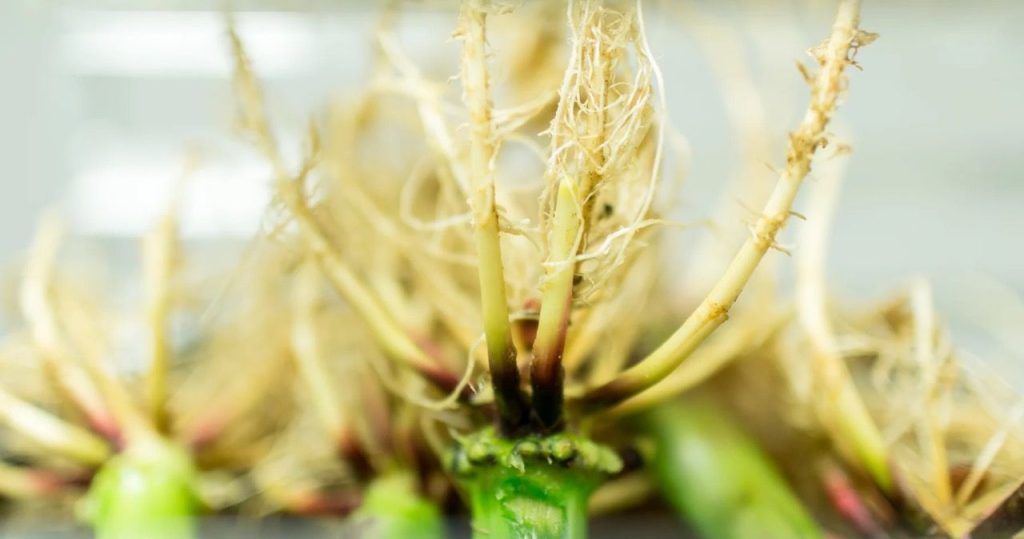Betting On Our Future, Part 1

This is a two-part post. I’ll be sharing the second half in early January 2019.
A dry year might scare you, but a wet year could starve you.
Iowa was one of the states where we partnered with farmers in our Intent to Pivot program, and 2018 was very a rainy year for those farmers. In late June, the Fourmile Creek flooded, damaging over 1,500 properties in central Iowa’s Polk County. Nearly 100 families were offered buyouts, cementing an understanding that this was the new normal. Meanwhile, 100 miles east, Iowa City had experienced a June 81% wetter than average.
Speaking to the Iowa City Press Citizen, Dr. Elwynn Taylor, the extension climatologist at Iowa State University, noted that, “We have, unofficially so far, set records for the wettest summer for a few areas in the state.”
These tough conditions were confirmed by one of the Intent to Pivot participants when my team and I visited his farm near Nevada, Iowa, in early July. Kevin, like many growers, was waging a bet against changing weather patterns.
Whether in Iowa or in states across the Corn Belt, wetter springs and hotter summers are putting farmers between a rock and a hard place, the Des Moines Register explains.
These days, choosing when to apply nitrogen fertilizer, and how much, can feel like a crapshoot. In order to achieve desired yields, some corn growers sidedress with nitrogen, helping to nourish the plant through its high-growth, vegetative phases. But because traditionally applied nitrogen is easily leached from the soil by heavy rains, both the much-needed nitrogen — and the money spent on it — washes away.
Since the dawn of synthetic fertilizer, farmers like Kevin have had to take their losses in wet or dry years. And in particularly bad years, poor yields have a lasting impact on their financial performance and strains the family.
But this year, we at Pivot Bio asked them to try something different.
* * *
As a kid, every year, I spent a few days in the back of a van with my three younger siblings, hurtling west along I-80, driving from our home in Wyoming to our grandparents house in Michigan. We crossed Nebraska, Iowa, Illinois and Indiana, watching the prairie grass billow and the center pivots turn. And so, years later, when it came time to pick a college, the Midwest already felt familiar.
I attended the University of Iowa for my undergraduate and masters degrees, and during my time there I had the opportunity to build a company that focused on improving access to high speed internet.
Though it had nothing to do with microbes, the experience had a significant impact on the direction of Pivot Bio. It taught me how to build a team and a company. More than that, it taught me how to listen to the needs of the customer, and then build a product that solves a significant problem and meets a real need.
Years later, my co-founder, Alvin Tasmir, and I had our aha moment. We’d been working on a technology that was undeniably fascinating — a transgenic plant that could produce its own nitrogen — except it faced many technical and commercial hurdles that made it of little practical use to farmers. Instead of pursuing this project, we decided to go back to our scientific roots, looking to the microbiome as a fountain of innovation. Building on 50 years of global research, we found a way for microbes to rediscover their own potential to take nitrogen from the air and make it available for plants.
With this discovery, we knew were uniquely positioned to bring something revolutionary into the world. We also we knew that if we didn’t do it, no one else would. But neither of us were farmers. We were building a tool for a job neither of us had ever done, and we quickly partnered with farmers to commercialize our nitrogen-producing microbes.
* * *
This past year, after years of research and product development, we worked closely with farmers across the Corn Belt to beta test our first-generation product, Pivot Bio PROVEN™, the first and only microbe that fixes nitrogen for corn crops. We asked them to take an entirely new kind of approach and help us bring something new into the world. And they did.
2018 was a year of many “firsts” for Pivot Bio. It sets us on an amazing path to bring an alternative to synthetic nitrogen to the world and help reduce air and water pollution as well. Happy New Year! Here’s to a successful and healthy 2019.


